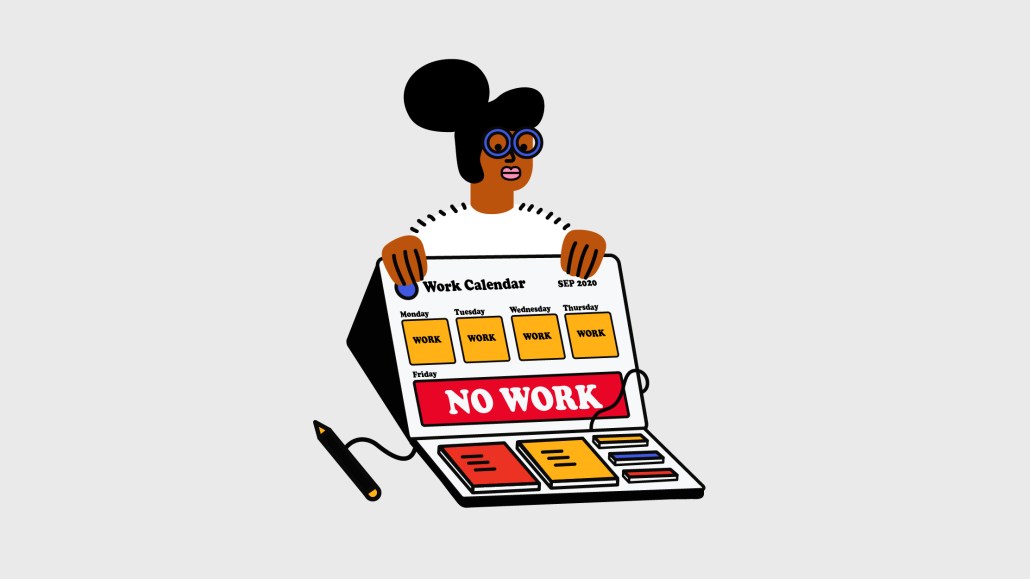Connect with execs from The New York Times, TIME, Dotdash Meredith and many more

This story was first published by Digiday sibling WorkLife
Workers overall are unenthused about coming back to in-person work for a variety of reasons, a key one being they feel they’ve lost autonomy and control over their schedules. Now that’s making them resentful.
Those mandated to return to in-person work are more than twice as likely to feel resentment about it than those who are coming back due to strong pressure, according to a BetterUp survey including responses from over 1,000 U.S. based workers who’ve spent significantly more time in the office over the past year.
Aggrieved workers and frustrated leaders are bringing their concerns to the same people: middle managers.
“The higher ups in the organizations are the ones making the decision, but it falls to middle managers to figure out how to make it all work — how to govern the consequences of those decisions, and how to communicate what those sometimes very unpopular mandates mean,” said Brent Cassell, vp advisory at Gartner.
“Also, we expect them to be on the hook for ensuring the well-being of employees,” Cassell said.
About 20% of people mandated to return don’t trust their manager will act in their best interest, the BetterUp survey found, but managers play probably the most important role in making these transitions work, experts say.
The ongoing issue with returning to in-person work is how companies are deciding exactly what should be done on days spent in-office, and clearly translating those expectations as a justification to employees. That’s another task falling to middle managers, though they can quell some resentment if they effectively work through it.
“It’s all well and good to say my team is going to gather together on Wednesdays, but what exactly are we going to do on Wednesdays?” Cassel said.
To read the full story click here
More in Media

IAB Tech Lab pitches plan to help publishers gain control of LLM scraping
The IAB Tech Lab wants to unite all compute edge companies and publishers to create a technical standard for LLM crawler monetization, before pitching to the AI companies.

Three publishers’ workforce diversity reports show DEI efforts remain sluggish
Overall, staff diversity at The New York Times, Hearst and Condé Nast has either marginally improved or stalled in 2024, according to their annual workforce diversity data this year.

Retail media meets publishing: News UK, Future and Ocado tap clean room tech for smarter data targeting
News UK, The Independent, Immediate Media and Future are teaming up with retail media network Ocado to test clean room-powered data matching.








